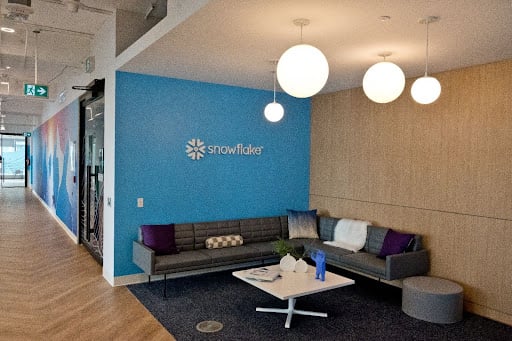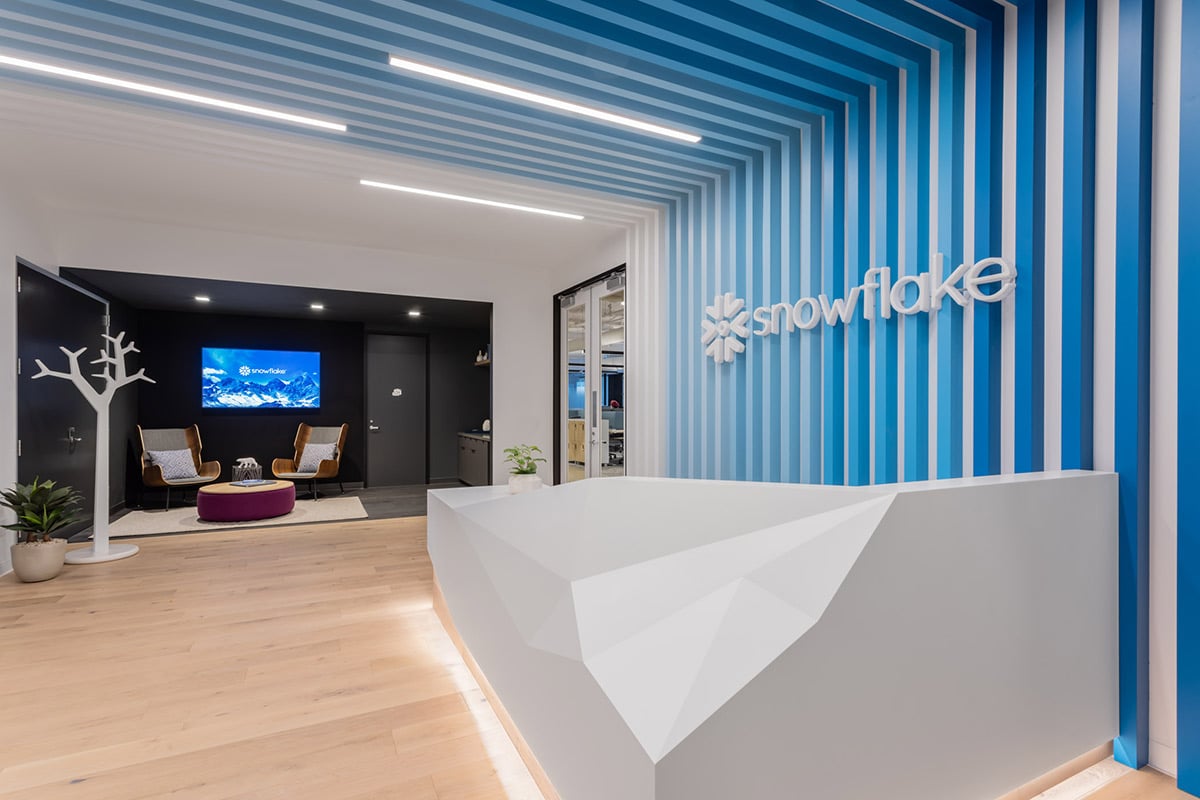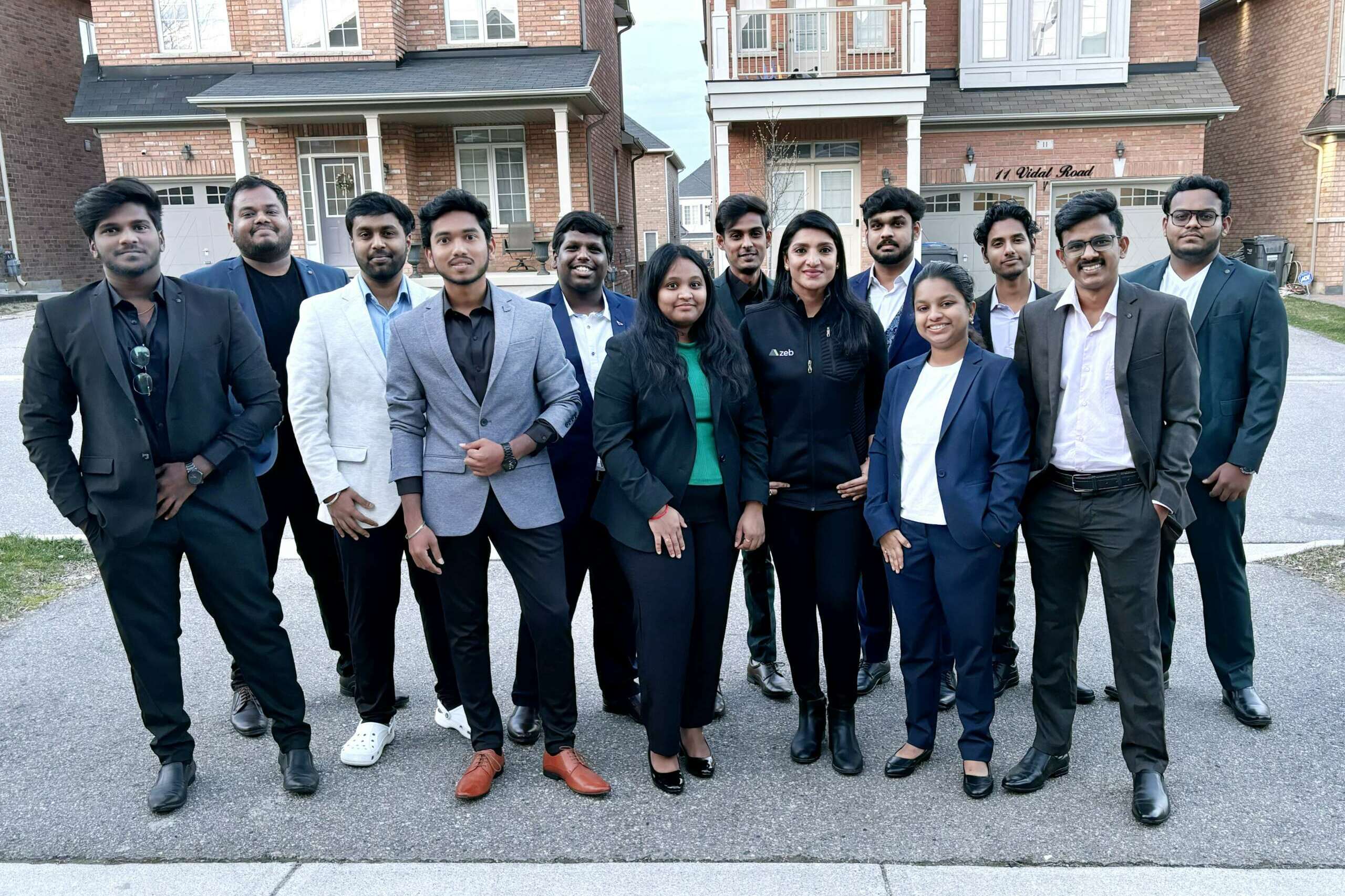We sat down with Tania Ferreira and Cheryl Cole from the “Women In” series to discuss Women in IT’s upcoming event in Toronto and the history of their organization.
Q: Can you describe Women in IT Canada’s history and core values?
Tania: Of course, and hi team! So great to see you and be doing this initiative with you. The Women in IT event – in Canada specifically – is something that holds a very special place in our hearts because it was one of the very first summits of this series created in 2019, and we could not be happier to be coming back live in Toronto since that date.
Now, just to give you a little more history, we actually started the Women in IT series back in 2015 in the UK, and that has become a flagship. It was always an awards model, and it then progressed in 2019 into amazing regions like Canada to really highlight and celebrate thought leadership in these regions. It is so important because sometimes these individuals work so hard but sometimes are overlooked. There are glass ceilings, as we’ve heard. Sometimes the progression is lacking, and there is not a lot of diversity in these teams and in the leadership positions.
What we are trying to do is really highlight those individuals, celebrate their work and give them a stage – a platform – to really use their voices and show everyone what they’ve got. And of course, inspire our younger generation to really see that there are professional women getting to the top in IT and tech roles, and across the IT and technology industry. We couldn’t be more excited to continue that mission across the globe and of course, here in Canada.
Q: What are your plans for the Summit in the future?
Tania: It’s super exciting. We are a very ambitious team and we are always looking for ways to innovate. Right now, we are looking at just getting through H2 with all of the plans that we have. We have thought leadership as the foremost focus, but of course we want to create a space, a community, where people can come and learn from others and share case studies. We want to be able to do that live and virtually across the year and create continuity.
We obviously want to focus on what is happening in the particular regions, but also look at ways of connecting them and have a global audience and global representation. So that not only is one region benefitting, but we can make sure – now that we are virtual and have ‘no borders’ in some ways when it comes to working – this creates opportunities and communities that everybody can get involved with.

We’re looking to share experience, we’re looking to share guidance, we’re looking to connect like-minded people and create a hub of ideas all the way through – from the Women in IT series, but all the way across to include our publications and partners as well.
Q: How do you think intersectionality plays a role in Awards and Summits like these?
Cheryl: Hi everybody, thank you so much for inviting us along today. It’s a really good question. So, we know that intersectionality is a term first coined by the Scholar Kimberly Crenshaw in 1989 and it’s a framework for understanding how social identities overlap with one another and with systems of power. So, when it comes to the Women in IT Summit and Awards, it’s really important that although the label points to women, we look beyond that and take into account race, age, sexuality, economic background, etc.
It’s bad enough that we know when working in IT, the contributions of women are often ignored. It is even more so if you are a person of colour, if you live with a disability, if you are part of the LGBTQ+ community. For example: if you are a black disabled lesbian, the chances are that you would not have had an easy career path in tech. These awards are not just for cis-gendered white women, these events are for anyone who identifies as a woman and their allies. We try to assure that our content is as nuanced as possible and our speakers, presenters and delegates all come from a variety of backgrounds because depending on how their intersectionality presents, different women will have very different needs from our events and it’s something that we are really acutely aware of.
We also encourage businesses to recognize the importance of intersectionality of all women in tech and award them equally, which we unfortunately know, isn’t something that is done today.
Just as a last point, I want to ask people: don’t just nominate your friends or the person who looks most like you for an award or to speak or to attend the summit. Make the effort to look around the business and think who might benefit the most from the experience based on merit. Don’t just consider someone worthy because they are a woman, but look at all the contributing factors that make them who they are and have got them to where they are in their career today.
Q: How do you think these awards impact women in the Toronto Region specifically?
Cheryl: Gosh, where do I start? I think I might actually repeat some of what Tania’s already said here, but there is so much rich, diverse and untapped talent amongst women in the Toronto Region. I hope that these awards enable women to be seen at their best and celebrated for the fantastic contributions they make to tech in many varieties. Tech isn’t just sitting there coding. Tech influences your clothes, the food you eat, your environment, everything! So, I want them to be recognized for that. Especially following the last two years from the impact of COVID-19, extra care-giving responsibilities, burnout and now we’ve got worries over the (global) economy.
And for those starting their tech career, I hope they are inspired by the trailblazers at this event and the other women who are doing great things in the industry such as Marie Wiese from “Women Talk Tech” and KC Goundiam, founder of Tech Canada Advocates (TCA). I hope young girls view our Women in IT community in Canada as role models, that they feel empowered to hold a career in the sector and that the success of the women at these awards dispels all the myths and stigmas around gender roles in tech, I think that’s really important. I also hope, the awards shine a light on the many different career paths open to women in tech and that girls realize while they may live in Toronto, there are no boundaries and plenty of opportunities to work on a global scale.
Most of all I hope businesses get involved in encouraging women into tech and that these summits and awards shine a light on the greatness in the Toronto tech region by women and that women feel proud of their achievements and know that they are helping to secure Toronto on the map as a global tech hub and centre for female tech prowess.
Q: What led you to partnering with Toronto Global for this event?
Tania: I’ll jump in there to say: well, it’s all in the name, isn’t it? Toronto Global, we are global and we’re coming to Toronto, it just is a perfect match. No but seriously, it’s been wonderful to work with you and become partners because we are like-minded. We have a vision that is aligned to improve Toronto and Canada as a whole. Taking it to the next step and really showing off the talent that is in the industry to those potential businesses that are coming to invest in the region.
It is a vibrant community of people. I’ve had the pleasure of working with CIOs, Senior Vice Presidents, Presidents, Directors that are all powerful women in amazing companies that are doing so much and leading initiatives.
Toronto Global is one that is in that group, you are looking for businesses to come in, create job opportunities, offer more to these individuals, these talented people in your community and in the country that could potentially relocate to Toronto and look for other opportunities or work for a company that’s in Toronto but work remotely. So, there are endless opportunities. We want to put the city and the country on the map as the place to go for technology, for talent, for diversity equity and inclusion best practice examples. And, we just have this mission to drive things forward and actually take action rather than just say we are going to do something. I love having partners like that and I know Cheryl does too, we want to make sure that we do move that dial. What better place to do it and with whom better to do it, than in Toronto with Toronto Global?
To learn more about the Women in IT Summit and Awards series and the event on Tuesday, Oct. 25, visit their website.
A recent report by Youthful Cities and RBC ranked Toronto the number one spot for young people to live and work. The Urban Work Index looks at a number of characteristics from 30 Canadian cities, including affordability, education and training, good youth jobs, entrepreneurial spirit, economy, equity and diversity, health, transportation and digital access.
The report outlines why Toronto is so attractive to young people to move to, but questions why they choose to stay. Well, we have the answers. Here are five reasons why young people flock to the Toronto Region for good.
Education
There is no shortage of top-notch education in a wide variety of fields with 18 colleges and universities in and around the Toronto Region. Whether it’s a Bachelor of Commerce at University of Toronto’s renowned Rotman School of Management or a Bachelor of Animation at Sheridan College – also known as the “Harvard of Animation” – there is something for everyone at postsecondary institutions in our region.
More than 370,000 international students choose to learn their desired skill in the Toronto Region, and Canada’s favourable student immigration policies make it easy to stay. In 2022, over 46,000 international students in the Toronto Region held a Post-Graduate Work Permit, allowing them to work in Canada for any employer for up to three years. After the three years is up, many choose to apply for permanent residency to continue their career that was built here.
Diversity
The Urban Work Index marks that diversity is the fourth most important trait that young people value in their place of residence, even more than education. If young people are looking for diversity, there is nowhere in the world more diverse than the Toronto Region. The cities of Brampton, Mississauga and Toronto all ranked in the top three spots for equity diversity and inclusion.
Roughly half of the Toronto Region is foreign born, with over 250 ethnicities and 190 languages represented. Residents of the Toronto Region feel at home here because they can find a small piece of their home wherever they go.
Mississauga has the largest number of Japanese companies in Canada, Brampton’s population is 38 percent of South-Asian descent, the most common language in Markham is Cantonese. All these communities are the reason why young people from all over the world feel comfortable staying in the Toronto Region.
Transportation

The formerly stated cities and more make up the Toronto Region, which means that they are all accessible by GO Transit, our regional transit system comprised of over 1,200 kilometres of transit routes and over 6,000 services per week. GO trains and buses allow young people to live anywhere in the Toronto Region while working elsewhere with ease, as GO trains travel beyond the region into the cities of Hamilton and Waterloo.
Climate action was noted as an important factor for young people, which goes hand in hand with public transportation. GO Transit’s operator, Metrolinx, announced in 2017 a target of having electric trains running every 15 minutes in both directions within the most heavily travelled sections of the GO train network.
With GO Transit across the region and TTC in Toronto, young people may never have to drive again – and if they do, they will be living in the region that produced Canada’s first zero-emission vehicle. It’s safe to say the options are endless when it comes to transportation in the Toronto Region.
Economy
The Toronto Region is the second-largest financial centre in North America, and the largest in Canada. As Canada’s financial centre, the Toronto Region’s diverse industrial make-up contributes about 20 percent to the country’s total GDP.
In an age of economic uncertainty for young people, the Toronto Region’s economy is resilient. We surpassed pre-pandemic levels of employment by the end of 2021 and our job numbers continue to grow steadily.
With 38 percent of Canada’s multinational headquarters and nearly half of Fortune 500 companies located in the Toronto Region, there is ample opportunity for young people to enter the workforce and join an economy they can count on.
Entrepreneurial Spirit Young People
Young people want to be in the room where it happens, and at the risk of boasting, that room is most often in the Toronto Region.
For example, Sheridan Animation grad, Domee Shi, became the first woman to solely direct a Pixar film and went on to win an Academy Award for her 2018 short film Bao. Shi is just one of countless students from the Toronto Region who use their experience here to innovate, inspire and do something that has never been done before.
In the Toronto Region, we believe that quality of life plays a role in innovation and entrepreneurship. Home to five major professional sports teams, countless theatres and event venues – including the oldest operating theatre in North America, the Royal Alexandra Theatre – young people in the Toronto Region can enjoy their five to nine after their nine to five.
Learn more
It is no question as to why young people want to stay in the Toronto Region with its cities dominating the leader boards of the Urban Work Index. Want to learn more about quality of life across the Toronto Region? Click here.




